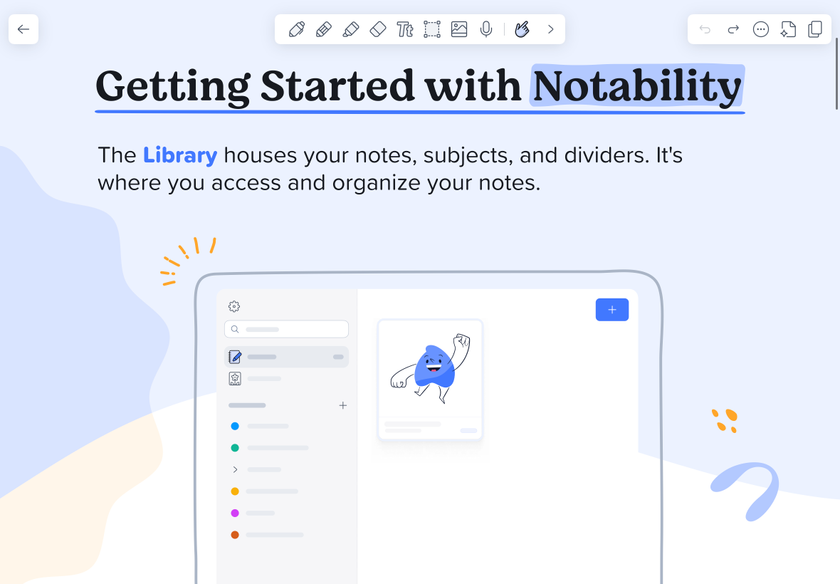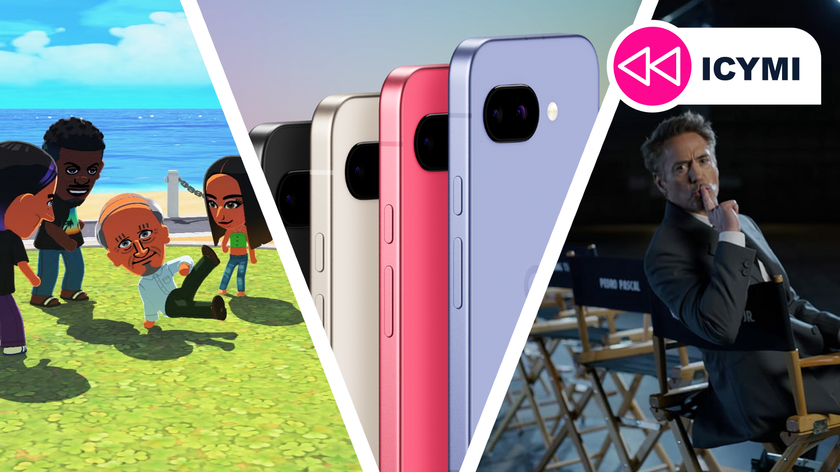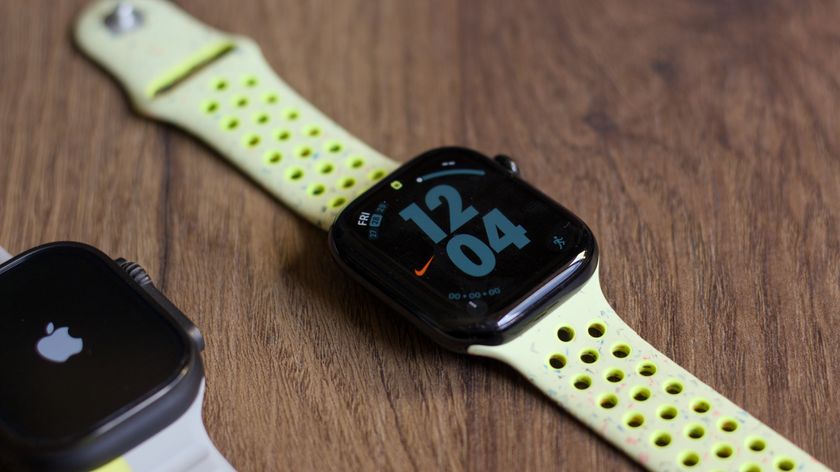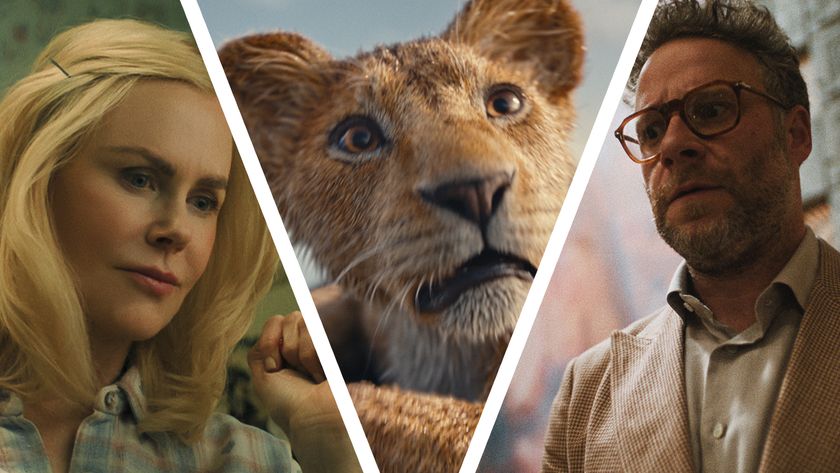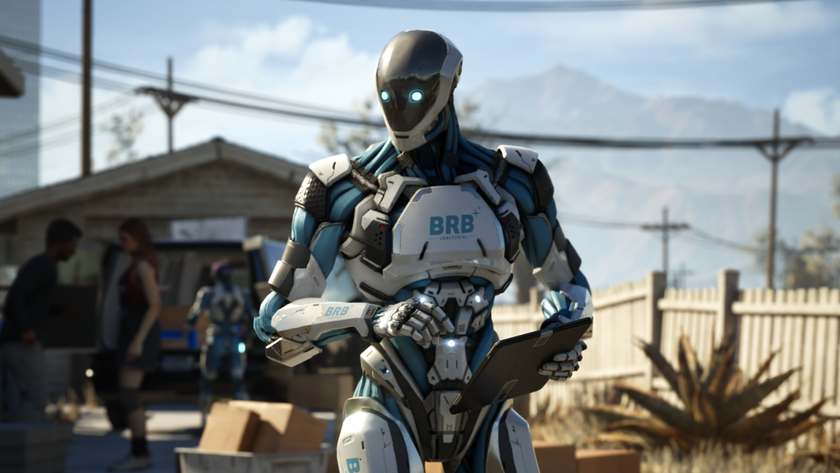The internet is everywhere – but where has the web gone?
The web is certainly unrecognisable from a decade ago…
Is the web browser dying?
A decade ago the desktop browser was the core of the worldwide web. It's since gone mobile, of course, though it's regarded as just one of many apps; phone users spend just 14% of their time on a browser. So is the web browser dead?
"No, browsing is still a basic human activity, but web browsers will be as much about receiving and playing content that is pushed to them rather than purely content that is pulled through by the user," says Moulds.
"The need to browse the web is reducing because we are in a tailored, personalised world where information is delivered to us before we knew we wanted it," says Croxen. "Desktop web browsing is shrinking in popularity, but it will definitely continue to hold a place for some time because there's always a need to search for something."
Croxen thinks that the web is becoming less visible: "Rather than us making an active choice to use the internet, the services it provides will arrive as natural interventions at opportune moments." So the browser isn't dying at all, it's merely becoming automated.
A technical challenge looms, too. "The protocols underlying the web are currently being replaced as the HTTP/2 standard is finalised," says Snellman. "These changes are not likely to be visible to the end user (but) the question is how well the web will manage to stay relevant compared to native smartphone applications."

How do we keep the web open and decentralised?
Some folks worry that the worldwide web is now under government and corporate control, and is becoming merely a tool for targeted advertising. "To counter this, people and businesses can own their own data and use it with other sources of information to create 'rich data', which is a far more valuable commodity than big data," says Mark Steel, CEO of Imago Techmedia, which runs IP EXPO Europe.
"Thus, the value of personal data will increase. At last year's IP EXPO Europe, worldwide web creator Tim Berners-Lee talked about the importance of net neutrality to preserve a web with no 'centre', which will need a new model of privacy – and fast."
Are you a pro? Subscribe to our newsletter
Sign up to the TechRadar Pro newsletter to get all the top news, opinion, features and guidance your business needs to succeed!
"The web's ubiquity will likely present contextual information constantly, without the need for it to be requested, as personal data becomes the oil that fuels business over the next 10 years," says Steel.
What will the web look like in 10 years?
"People will have ceased to regard the web as anything distinct – there will be boundaries between how content is delivered and what devices are used to control the world around us," says Mark Russell, CEO of affiliate marketing company Optimus Performance Marketing. "The web will be an invisible part of the world we inhabit."
"The internet will become so ubiquitous and commoditised that consumers will no longer think about it," says Ian Dodson, Founder and Director of the Digital Marketing Institute. "We don't think about the availability of electricity to power our devices, and in the near future neither will we consider the availability of the 'web'.
"It will become a diversified, ever present utility – it will power our cars, our white goods, our kids. We won't even consider its presence, and in that sense it will be a very different entity to the browser-driven environment we perceive today."
However, the key to understanding the future is personalisation. "It will look different for everyone," says Moulds. "Grannies will see a very simple user interface, gamers another, business users another. There will be an infinite range of experiences from desktop computers through tablets, phones and wearable devices like watches – each will provide their own unique experience. With the arrival of wearables the web might even become sensory and tactile."
Jamie is a freelance tech, travel and space journalist based in the UK. He’s been writing regularly for Techradar since it was launched in 2008 and also writes regularly for Forbes, The Telegraph, the South China Morning Post, Sky & Telescope and the Sky At Night magazine as well as other Future titles T3, Digital Camera World, All About Space and Space.com. He also edits two of his own websites, TravGear.com and WhenIsTheNextEclipse.com that reflect his obsession with travel gear and solar eclipse travel. He is the author of A Stargazing Program For Beginners (Springer, 2015),

